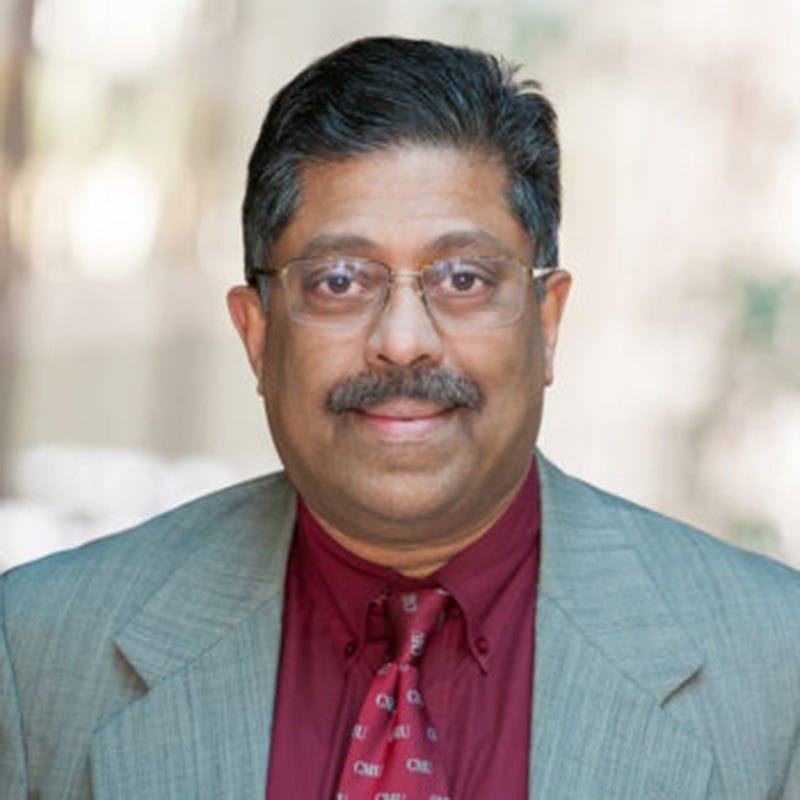Meet the Faculty
 Computational Thinking
Computational Thinking
67-220: Digital Accessibility - Ensuring Universal Access to the Information Society
Featured Faculty: Divakaran Liginlal
Why are you excited about teaching digital accessibility?
These days we are so reliant on the use of digital tools & technologies. Also, the production and consumption of digital content are important determinants of both success in the workplace and quality of life. While creating digital content, often out of ignorance or inadvertently, we are responsible for the exclusion from the digital world of a sizable percentage of the population who have some form of disability, either permanent or situational. My passion for teaching digital accessibility stems from my desire to help create a workforce that understands the meaning and implication of digital inclusion and has the skills to create accessible content and technologies. Since creating inclusive products is a market differentiator, industry is also building accessibility capacity. Thus, there is demand for skilled professionals in this area. This topic has gained traction and many universities have started offering courses in this topic area and organizations have started training their workforce in related skills. Being a good teacher matters to me as I love this profession. When I teach courses focused on societal good it gives me more satisfaction.
What are some memorable projects you’ve had students do and how do they reflect your goals as an educator?
As part of courses that I have offered at CMU, I have guided nearly fifty community outreach projects with significant student engagement. Several of these aimed to enhance the lives of people with disabilities. One such project examined ways of improving community interaction among members of a social and cultural center for the blind. The student team worked with the members of this center to understand their needs both as a community and as individuals and examined how mobile applications would facilitate better member interaction and better engagement with the center. One useful outcome of this project, among others, was the integration of a library of audio books specifically tailored to the tastes of the community members. A second notable project involved building a web-based portal to support speech and hearing disabled children. The portal integrated available information about tools and technologies to assist speech and hearing disabled children and related sources of expert assistance particularly for early learners. This project was important to the organization, a national center for speech and hearing since they prioritize the need to identify and assist children with speech and hearing disabilities at a very early age thus enriching their future lives. A more recent student project involved assisting the conceptualization and launch of a website based in Pittsburgh that now has supported about 200 poor families with rapid financial assistance. Guiding these projects symbolize my goals as an educator – empower my students to make a difference to society, particularly supporting those who are disadvantaged.
What one piece of advice would you give your students?
The value of a CMU education is just not the freedom to choose a variety of subjects to learn. Most importantly, the CMU experience will help you believe in your innate qualities to excel, and it opens your mind to the world and consider how you can better contribute to society. My advice to you is to build on your CMU education to succeed in your profession, become good citizens, and above all be good human beings.